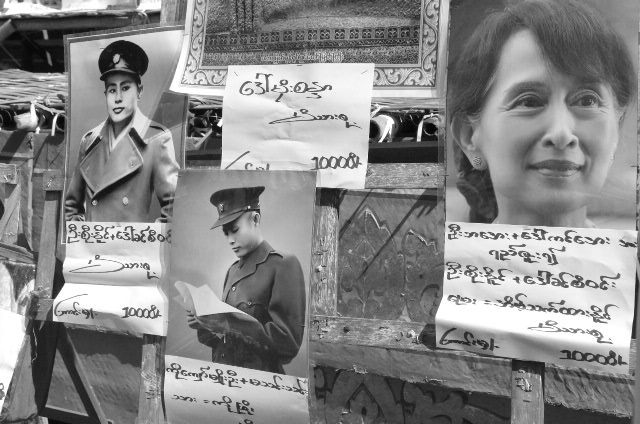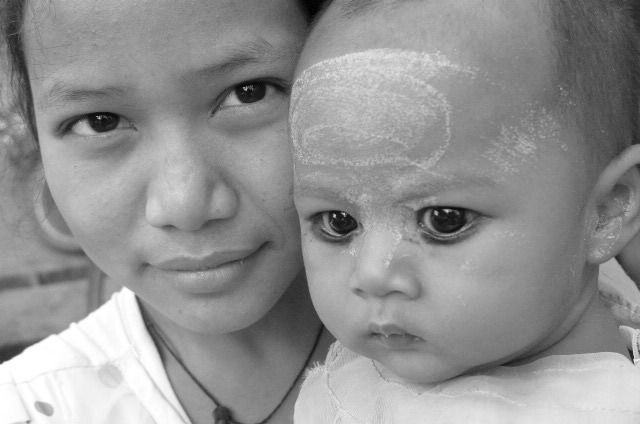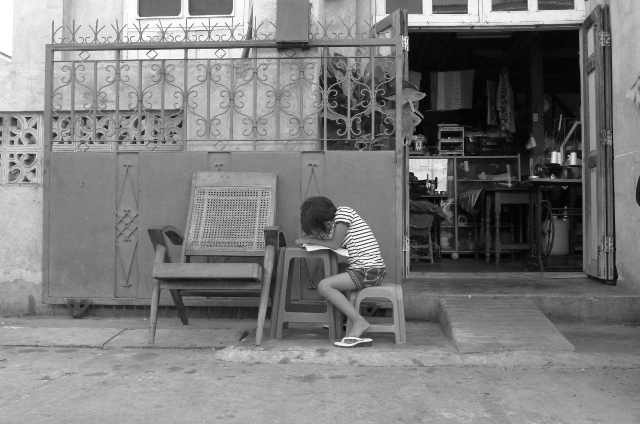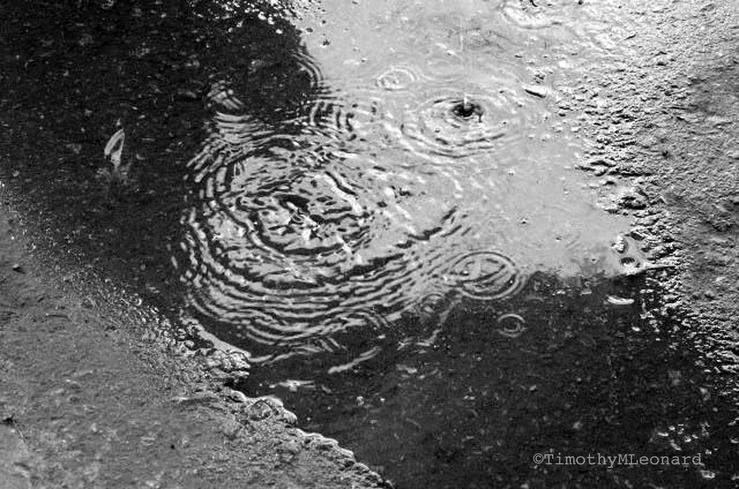Old Rooms
Cadiz flamenco students practiced in small oval rooms once used for storing cannonballs to attack ships.
A Romani dance, flamenco was introduced in the 18th century. The essence of flamenco is the depth of a deep song or cante jondo, a lament of the marginalized Gitano. Early forms featured a single hammer striking an anvil as Romani work-music.
Inlaid flooring resounded with black-heeled thunder. A teacher clapped a steady rhythm. “Faster, faster, spin on your toes, stay light. Be the dance, be the single sharp note,” she shouted. “Eyes straight ahead.”
The small room echoed with exploding hands and feet.
In Essaouira, Morocco similar rooms with thick oval wooden doors during Portuguese exploration became working art studios for leather, metal, stone and Thule woodcarving. An artist held a sharp blade steady with one foot while spinning a wheel turning sweet smelling wood. Mint tea aroma filled the air.
“See my shop mister, buy a carpet,” a chorus of boys sang to a ghost. They called me Ali Baba - thief - because my beard was white from life and my apparition scared them.
“Hey, Ali Baba,” implored a destitute youth. “See my shop. Only the best price for you.”
“Just passing through.”
Boys pounded metal, carved wood, tore mint leaves, sat on haunches babbling dreams and beat dusty silk carpets hanging from rusty nails in the sun.

In Cadiz I collected new material in an old city as stories and songs drifted on sea trade winds. Short-wave reception was clear. A classical Spanish station. A British announcer on World Outlook said, “... in twenty-five minutes we discuss the British solution and new world order to solve poverty, racism, violence, hatred and greed.”
I knew it’d be a great program as the world waited to hear how it would all be decided. Flip a coin. Buy a lottery ticket.
U.S. Rota Navy military radio network mumbled about “disease, helmet safety, unified field states, crashed helicopters, fatalities, future funerals and getting your uniform in order at old Roman navel bases.”
Bases were empty in the top of the ninth. Looks like extra innings. Stay tuned for sustained climate crisis and global financial catastrophe.
At Benjumeda #3, Omar my amanuensis and I shared a round table and open doors on a green and black tiled balcony. Yellow streetlights led up a narrow way below a sliver of cobalt sky. Starlight met star bright. No cell phone. We were connected with friends and strangers through transmutation. Perfecto.
Lost, forlorn, dejected Francophone and Germanic tourists inside the labyrinthine maze of Cadiz streets carried local maps, guidebooks and optical equipment. Men lugged all the heavy stuff on their Homeric voyage of discovery; water, packs, video machines and high tech 35mm point and shoot optics. They were intent on recording their experiences with miles to go before they slept, perchance to dream their impossible dream.
They craned sunburned necks toward balconies trying to interpret street signs. Looking for a way away anyway. They looked up, down at maps, talked, argued, pointing in opposite directions. They had to make a decision. They were confused and lost down at the crossroads making a pact with Satan in a Catholic country.
The women on their traveling team intuitively knew where they were and where they were going. With infinite patience they sighed and plodded on in a spouse’s shadow. They admired history, cathedrals, plazas, the Atlantic Ocean, museums and cafes.
Nobody understood them. Spanish smiles disguised as apathy followed their quest. Visitors appreciated how rising middle class economics and artistic vision allowed craftsmen to work on themes other than religion. Tourists suffered from religious art overload.
It was everywhere. Laminated images of Jesus on key chains dangled from men’s pockets. Carved Virgin Mary icons crying bloody tears decorated store windows. Her statute of limitations hung from dusty rafters in shops and bars. She watched people suffer. She was their redemption and lottery ticket to paradise. Gilt and guilt reflected sacrifice. Marbled voices sang choir hymns.
High solid wooden doors with brass reinforcements protected a woman’s hospital. Reception rooms overflowed with crying children needing a mother’s connection and intention. Widowed women in eternal black followed church bells to catered Immaculate Receptions for spiritual visions.
Spanish smokers crowded streets. Two young lovers hid in a doorway. He groped his girl’s firm small breasts. Rosebud. She slid a cautious hand inside stone washed denim releasing his hard desire. She salivated.
“Kiss it,” he moaned.
“What if I get pregnant?”
“We’ll get married, raise piglets and live off the state.”
“A state of mind?”
Explosions rocked their being.
Satisfied and wrapped on scooters they blasted their way down cobblestone streets looking for sanctuary. Children ate junk food, chips, and sweets before tossing empty packages on the street with satisfied oral gratification and they couldn’t care less.
Jeans and mountain climbing boots were the latest fashion rage. Extended families walked through stone passages inside their waking nightmare. Half the population pushed prams as the other half struggled on canes and crutches toward Lourdes.
It’s a long walk.
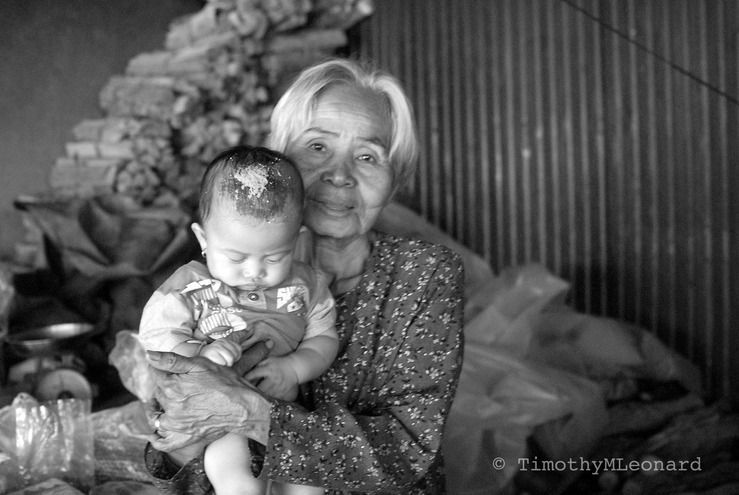
Bitter unemployed Andalusia men stood silent on wrought iron rusted balconies. They watched singing gremlins gnomes and sheep propelled by market forces escape caves… “We’re off to see the wizard, the wonderful wizard of OZ.”
Mothers and wives heated water, poured in Ace detergent, scrubbed, washed and rinsed baby clothing, hanging them on balconies with iridescent green, yellow, and blue plastic clothes pins. They peered up and down the street from Moorish entrances and disappeared into darkness safe from the mean old world.
It was a great city for discovering shadows and passageways with nooks and crannies, secret hideouts, alleys and recessed caverns. Now you see them now you don’t reminded a ghost of tribes in Afghan mountain caves.
The quick and the dead remembered Senior Drill Sergeant Prude in Misery. I felt right at home.
Spanish women intent on cleaning embedded rocks assaulted cobblestones with brooms and mops. Water and stones discussed time’s erosion. Spanish women did all the heavy work.
They were emancipated. They were free from conservative repressive social norms and expectations.
They did not sing. I did not hear joy escape their throats. Their faces manifested resignation.
They emptied buckets of dirty mop water in the gutter. Sparrows found salvation. Seeing free relatives take flight caged balcony birds sang sad Romani songs about loneliness and alienation.
Adventure, Risk, Transformation - A Memoir
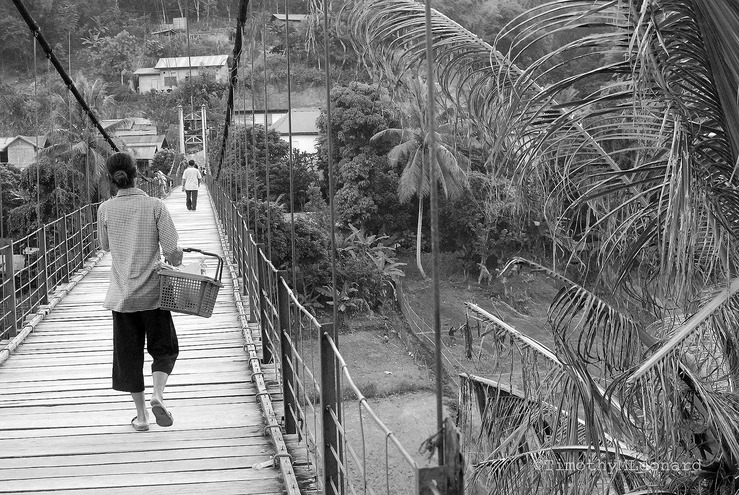






 Share Article
Share Article 